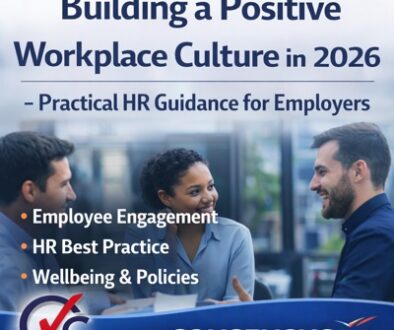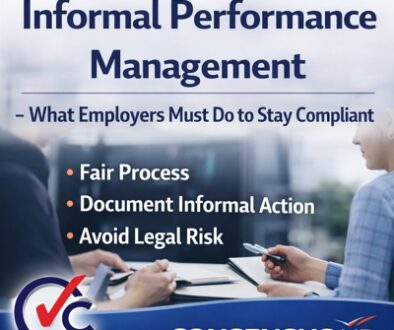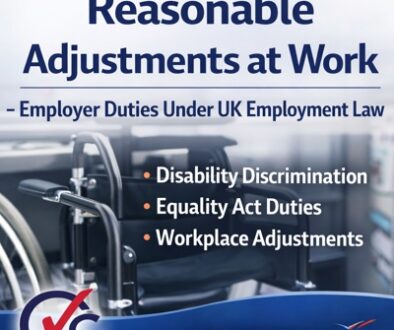One in five Britons have faced workplace discrimination.

According to a survey by the Resolution Foundation think-tank – One in five Britons have faced workplace discrimination. The most common form of reported discrimination is being turned down for a job (13%), followed by being turned down for promotion (8%) or denied training opportunities (7%). Hannah Slaughter, Senior Economist at the Resolution Foundation, said: “Britain has had laws preventing discrimination in place since the 1960s, yet it remains all too common in workplaces today. One in five people say they have experienced some form of workplace discrimination in the past year, from being passed over for a new job, to missing out on a promotion and being denied training. Low-paid workers are most likely to be worried about discrimination at work, but the shortcomings of our legal system mean they are the least likely to try and address mistreatment through the courts. Employers and workers alike need to better understand what constitutes discrimination in workplaces today, and be confident that where it does occur, it can be stamped out either through dialogue, or the courts.”
Matthew Pinto-Chilcott owner of Consensus HR comments: “I find these results within this survey, very disturbing and a fundamental reason why the Equality Act 2010 and a Company’s Policy / Procedures should be a key part of an induction for all employees / contractors. Nobody comes to work or takes part in their daily lives to be discriminated against whether it be their age, sex, colour, marital status, disability or any of the other protected characteristics covered under the Equality Act 2010.
Current protected characteristics are:
- age
- gender reassignment
- being married or in a civil partnership
- being pregnant or on maternity leave
- disability
- race including colour, nationality, ethnic or national origin
- religion or belief
- sex
- sexual orientation
You’re protected from discrimination:
- at work
- in education
- as a consumer
- when using public services
- when buying or renting property
- as a member or guest of a private club or association
Employers must be able to demonstrate that any form of discrimination will not be tolerated and will be investigated, and the correct best practice / legal action taken in line with the Acas Code of Practice. Failure could result in unlimited awards being made to the company, loss of reputation, bad moral or having to attend an Employment Tribunal. We provide Equality development for all members of the team which should be part of the overall Induction process with Health & Safety, Company HR Policies and Procedures, to name just a few”.




